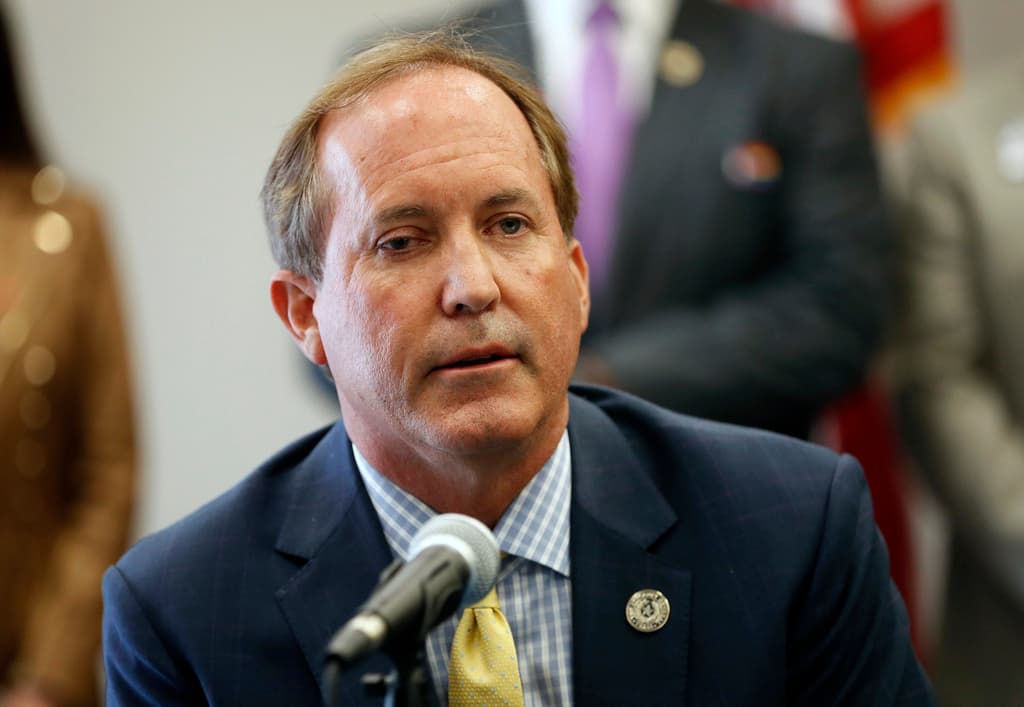Supreme Court Allows Contentious Texas Immigration Law To Take Effect, for Now
Texas’s attorney general calls it a ‘huge win,’ while the liberal justices say it invites ‘chaos and crisis in immigration enforcement.’

The Supreme Court handed Texas a temporary win on Tuesday by allowing a contentious law making illegal border crossing a state crime to take effect, following a months-long feud with the Biden administration.
Please check your email.
A verification code has been sent to
Didn't get a code? Click to resend.
To continue reading, please select:
Enter your email to read for FREE
Get 1 FREE article
Join the Sun for a PENNY A DAY
$0.01/day for 60 days
Cancel anytime
100% ad free experience
Unlimited article and commenting access
Full annual dues ($120) billed after 60 days

